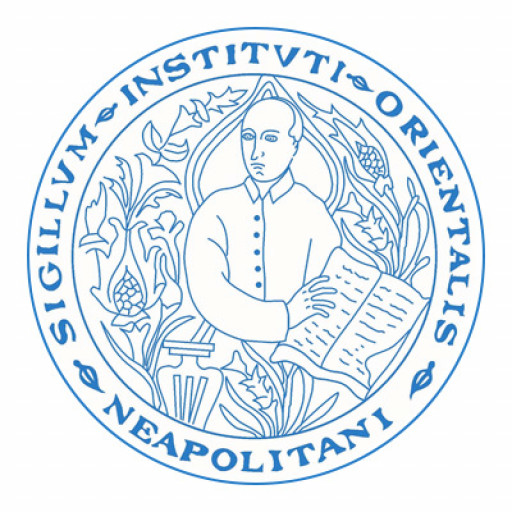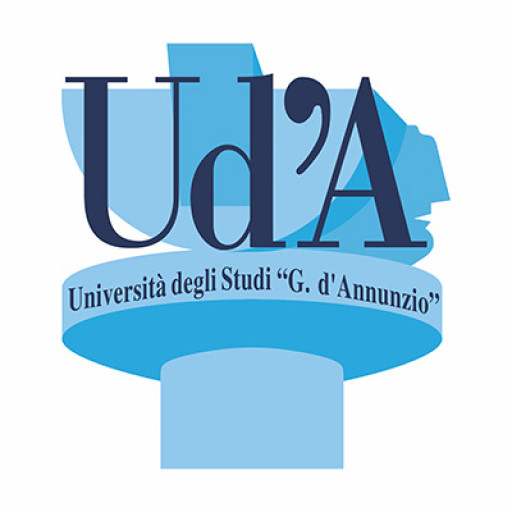Photos of university / #oxford_uni
The DPhil in Classical Archaeology provides you with the opportunity to pursue substantial independent research from within a wide range of periods and subjects, ranging from the prehistoric Aegean through the Archaic, Classical, Hellenistic and Roman periods to Late Antiquity.
Many graduates from the DPhil in Classical Archaeology are successful in obtaining academic posts at universities in the UK, USA and elsewhere, while others engage in post-doctoral research, or go on to positions within museums of classical or fine art. Others find careers elsewhere in education, museums, commercial archaeology and the heritage industry.
The DPhil is examined only by thesis and there is no formal course of instruction. Instead, student develop their own topic under the guidance of their supervisors, who are experts in their field of research. There is also the possibility to develop projects which cross disciplinary boundaries, for example in ancient history or archaeological science as appropriate.
While the degree of contact varies depending on individual circumstances, students generally develop a close relationship with their supervisors. However, you will be encouraged to attend lectures and participate in research seminars, particularly the numerous and wide-ranging weekly seminar series organised within the cutting-edge Historical and Classical Research Group. These also often provide opportunities for research students to present their own work. The department strongly encourages fieldwork which, if appropriate, can often be in relation to a departmental project.
The DPhil is a full-time degree and students are expected to complete their theses, which have a maximum word length of 80,000 words, within three or at the most four years. To begin with, students are admitted as Probationer Research Students, transferring to full doctoral status within four terms of their arrival. Their progress is formally assessed through the submission of written work and an interview by a small assessment panel ('transfer of status'), while a further similar assessment ('confirmation of status') is held within seven terms of their arrival.
At each stage, you will also make a short formal presentation of your research at one of the doctoral student symposia organised by the School of Archaeology, which will help you develop your presentational skills at an early stage of your career.
Successful doctoral theses must, among other things, display evidence of substantial and original research, lucid and scholarly presentation and a sound knowledge of the general field within which the thesis falls.
Applicants are normally expected to be predicted or have achieved a first-class or strong upper second-class undergraduate degree with honours (or equivalent international qualifications), as a minimum, in classical archaeology or closely related fields. For applicants with a degree from the USA, the minimum GPA sought is 3.5 out of 4.0.
However, entrance is very competitive and most successful applicants have a first-class degree, a GPA of 3.7 or above, or the equivalent.
If you hold non-UK qualifications and wish to check how your qualifications match these requirements, you can contact the National Recognition Information Centre for the United Kingdom (UK NARIC).
Entry to the DPhil normally requires a previous master's qualification in Classical archaeology.
No Graduate Record Examination (GRE) or GMAT scores are sought.
- Official transcript(s)
- CV/résumé
- Research proposal: Up to two pages
- Written work: Two essays of 2,500 words each
- References/letters of recommendation: Three overall, all of which must be academic
ENGLISH LANGUAGE REQUIREMENTS
Higher level
|
est |
Standard level scores |
Higher level scores |
||
|
IELTS Academic |
7.0 | Minimum 6.5 per component | 7.5 | Minimum 7.0 per component |
|
TOEFL iBT |
100 |
Minimum component scores:
|
110 |
Minimum component scores:
|
| Cambridge Certificate of Proficiency in English (CPE) | 185 |
Minimum 176 per component |
191 |
Minimum 185 per component |
| Cambridge Certificate of Advanced English (CAE) | 185 |
Minimum 176 per component |
191 |
Minimum 185 per component |
Funding for the Classical Archaeology program at the University of Oxford is primarily available through a variety of sources, including university scholarships, research grants, government-funded funding schemes, and external funding bodies. Students often have the opportunity to apply for college-specific financial aid, which may include fee waivers, maintenance grants, or bursaries based on merit or financial need. The university also offers several prestigious scholarships and fellowships targeted at postgraduate students, such as the Clarendon Fund, which provides full or partial funding to outstanding applicants, covering tuition fees and living expenses. Additionally, students are encouraged to seek external funding opportunities, including research councils, private foundations, and cultural heritage organizations, which may offer grants for specific research projects or fieldwork activities. The university's dedicated The Careers Service and financial aid advisors provide guidance on funding options and application procedures, ensuring students have comprehensive information about financial support available throughout their studies. Students are also advised to explore funding from national schemes, local government programs, and international organizations that support higher education in archaeology and related fields. In recent years, there has been an increase in availability of targeted funding for archaeological fieldwork and excavations, reflecting the university's commitment to practical training and research in classical archaeology. Overall, the funding landscape for the Classical Archaeology program at Oxford is robust, designed to make advanced study accessible to talented students from diverse backgrounds. Applicants are encouraged to carefully review the specific funding opportunities associated with their chosen course and to submit applications early to maximize their chances of securing financial support. The university's financial aid office provides detailed information and assistance to potential students, helping them navigate the complex process of funding their education and research pursuits in classical archaeology.
The degree program in Classical Archaeology at the University of Oxford offers a comprehensive study of the material culture of ancient Greece and Rome, with a focus on the archaeological methods, historical contexts, and cultural significance of ancient artefacts and sites. Students beginning this program will engage with a multidisciplinary approach, combining archaeological fieldwork, laboratory analysis, and theoretical studies to develop a deep understanding of classical civilizations. The course is designed to equip students with critical skills in interpreting archaeological evidence, including pottery, sculpture, architecture, and inscriptions, and to contextualize these within broader historical narratives. The program includes both core modules covering fundamental aspects of classical archaeology, as well as specialized options allowing students to explore areas such as Greek and Roman art, ancient technologies, and excavation techniques.
Lectures and seminars are delivered by leading researchers and experts in the field, providing students with first-hand insights into current archaeological debates and methodologies. Practical training is also a key component of the program, with opportunities for students to participate in supervised excavations, artifact analysis, and conservation work either in Oxford or abroad. The disposal of resources and access to extensive university collections and libraries facilitate independent research projects and dissertations, encouraging students to develop their analytical and academic writing skills.
The program also emphasizes the importance of understanding the broader cultural, social, and political contexts of the ancient world through interdisciplinary study. Students are encouraged to explore ancient literatures, histories, and philosophies to complement their archaeological studies, fostering a well-rounded knowledge of classical civilizations. Upon completion, graduates are well-prepared for careers in academia, museum curation, cultural heritage management, or further research in classical studies. The program’s university-wide and international connections provide excellent opportunities for networking, collaboration, and gaining practical experience in archaeological practices worldwide. Overall, the Classical Archaeology degree aims to produce graduates with a rigorous academic foundation, practical skills, and a critical appreciation for the enduring legacy of ancient civilizations.





